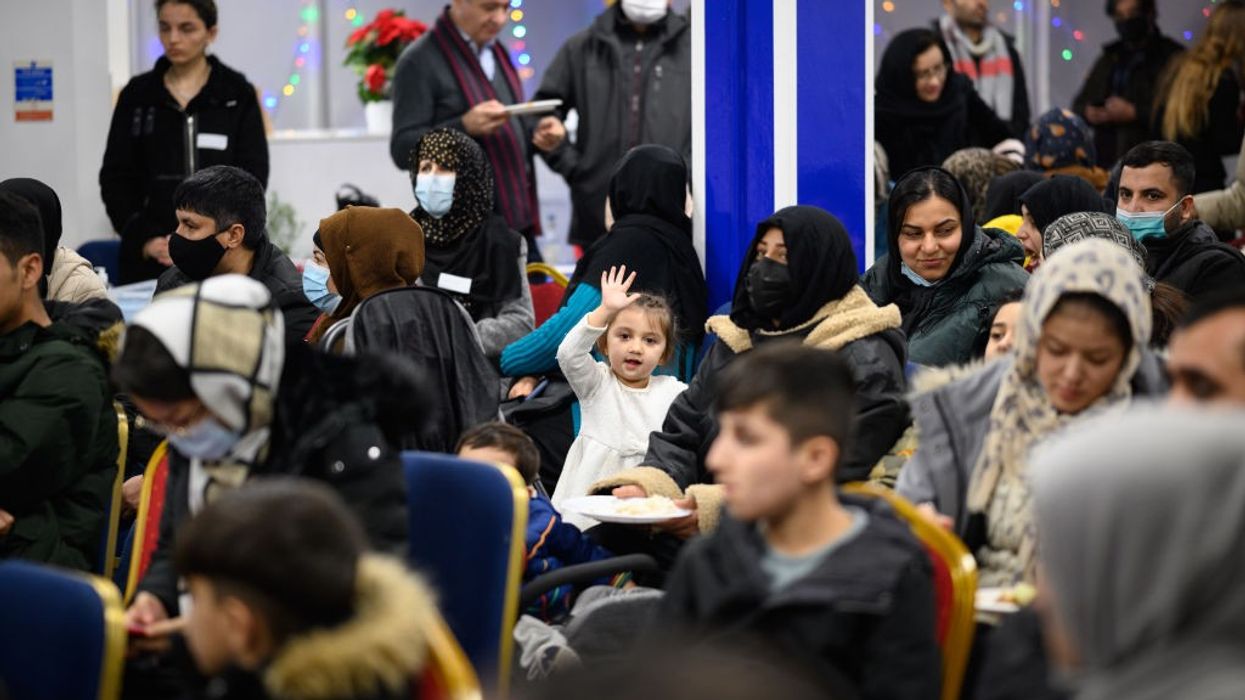Afghan refugees have rejected the plan to relocate them to Scotland and Wales citing cold weather and limited English language skills as reasons, according to a report.
Currently, they are housed in hotels and the UK is spending about £1 million a day for 9,500 Afghans who fled the country in the wake of the Taliban takeover. As many as 7,000 refugees have received permanent housing so far.
The Telegraph reported that refugees believe that people in Scotland and Wales don’t speak English and that the countries are cold.
Officials are now trying to break down misconceptions about life in these countries, however, they admit that refugees prefer London to these countries.
According to the report, officials are facing significant resistance from many Afghan families amid the relocation process.
Currently, 350 councils have signed up to house Afghan refugees. But, they are facing difficulties due to the larger size of many families.
Refugees minister Lord Harrington in June wrote to councils saying that the government needed another 2,000 properties including more than 500 four-bedroom homes for the remaining 10,500 people.
The government is reaching out to landlords, developers and the wider private rented sector to get more properties for these refugees.
Afghan refugee Mohammad, who is in his 40s, said: “I want to settle and integrate but how can I when we are living in a hotel for months and months? I can’t start my life properly.”
He said his wife of 20 years was struggling after sharing one hotel room between the four of them since September.
“I know this is costing the British people but for what?” one refugee told the BBC.
The Home Office said that the lack of insufficient local housing accommodation is indeed a challenge.
“While hotels do not provide a long-term solution, they do offer safe, secure and clean accommodation,” the Home Office said in its statement.
The Taliban captured Kabul after international forces backing a pro-Western government pulled out. Foreign countries have since accused the hardline Islamist group of a litany of human rights abuses.
Afghans evacuated by Britain include former interpreters and others who worked closely with the British military and government, as well as human rights activists.





